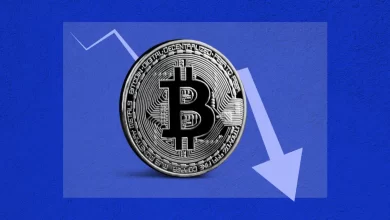Coinbase’s Airdrop Fiasco: An Influx Of Lawsuits And Criticism

On January 10, Flare Networks began distributing free FLR tokens to holders of XRP in a highly-anticipated airdrop event. To qualify, participants were required to provide proof of their XRP ownership through a screenshot taken in December 2020.
Participating exchanges distributed the FLR tokens, but the value of the incentives was less than expected. Additionally, the FLR token reached an all-time high of $0.15 on the day of the airdrop, but within a week, its value had dropped 71.5% to trade at $0.00041 at the time of this writing.
Airdrop Proved Costly For Coinbase
Dissatisfied customers of cryptocurrency exchange Coinbase have launched a class action lawsuit against the company for failing to supply them with Songbird and Flare tokens.
According to a complaint filed with the United States District Court, Plaintiff Dallas Woody is leading the lawsuit on behalf of himself and others in similar situations regarding the Flare Airdrop. The lawsuit also names Coinbase CEO Brian Armstrong.
The handling of the Flare project has also garnered criticism from members of the cryptocurrency community, with some referring to it as a Ponzi scam and others expressing disappointment with the limited incentives and tight deadlines for the coin.
Ripple’s Chief Technical Officer, David Schwartz, also recently took to Twitter to voice his disapproval of the airdrop and provide constructive criticism. He pointed out that under current regulations, there is no incentive to hold onto FLR tokens in order to receive additional airdrops, and that holders of Flare tokens have nothing to lose by selling them immediately.
As the situation develops, it is increasingly appearing that the Flare project may be a Ponzi scheme, raising more questions and causing further problems for the industry.













